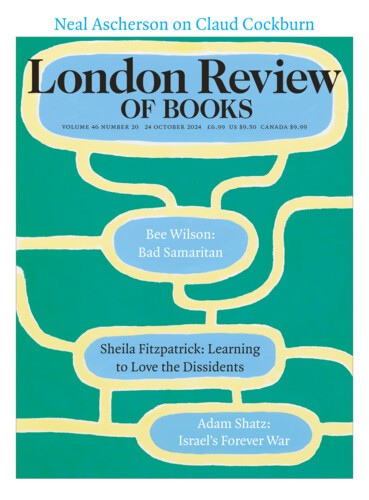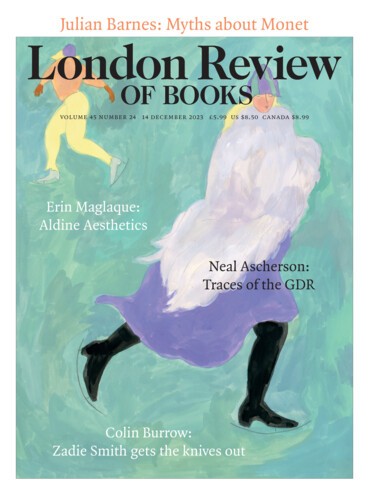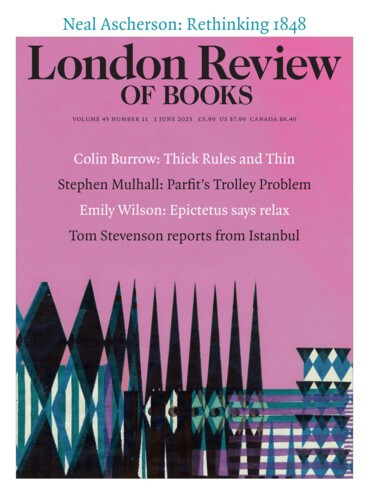What Can Be Called Treason: Pétain’s Defence
Neal Ascherson, 26 December 2024
The old man told my French nephew that he had something special to show him. Something he had thought best to keep in a drawer since 1943. In that village, families at Christmas decorate their crib with santons – figurines of the Holy Family, the three kings, the shepherds, an angel. But the old man was holding out an extra santon. It was a tiny statuette of Marshal Pétain. He...





